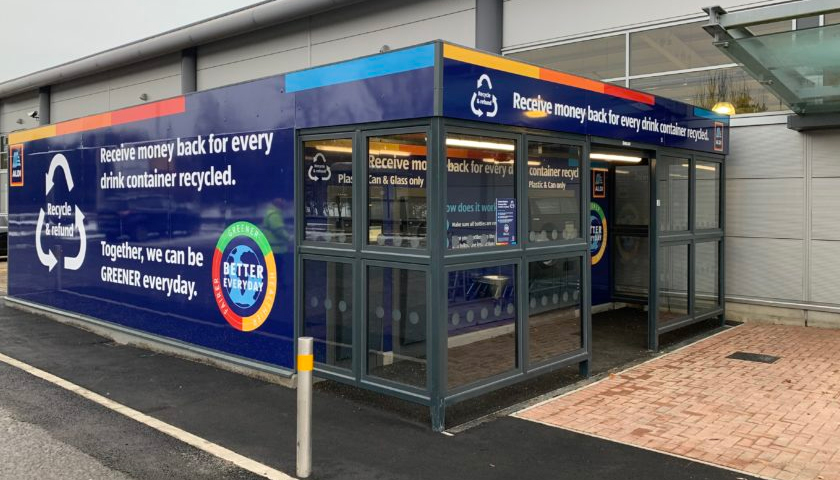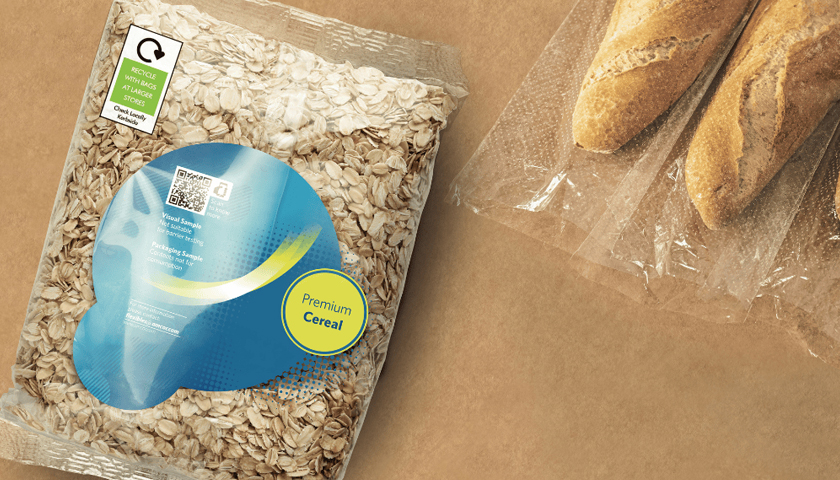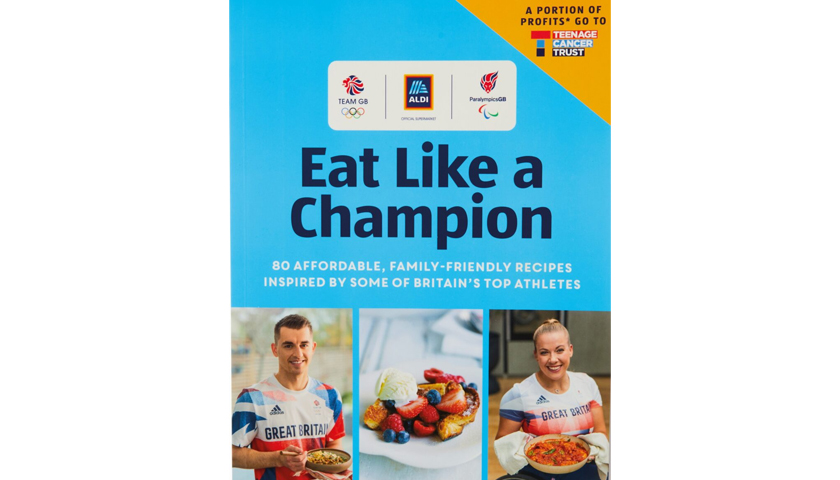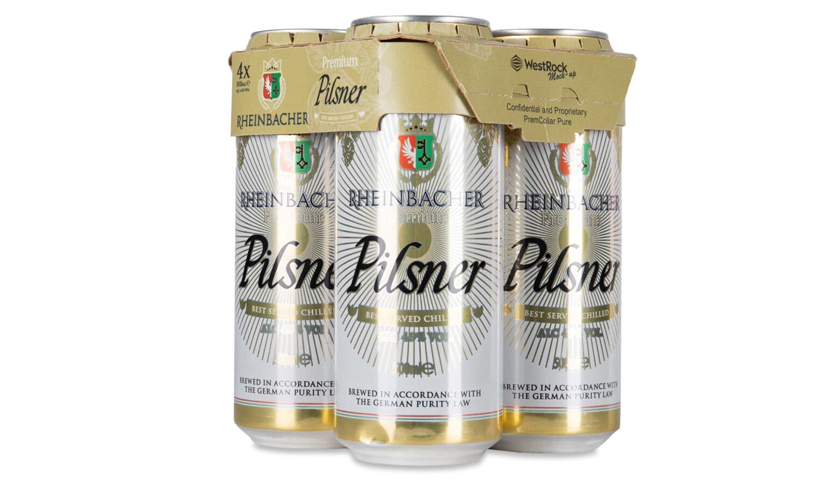Greenback Recycling Technologies (Greenback) has started a collaboration with the Flexible Plastics Fund and Aldi UK to provide full visibility on the journey of flexible plastic packaging collected from consumers via front-of-store collection points, right through the recycling journey to end product.
The Flexible Plastic Fund (FPF) supports supermarkets and independently tracks and verifies the flow of material using Greenback’s AI and blockchain powered evidence system, eco2Veritas™.
eco2Veritas tracks and certifies the amount of flexible plastic collected, shows how much of it is sorted and into which polymers and finally, how much is reprocessed and into what end products. When the flexible plastic is tracked and certified as recycled by eco2Veritas, Aldi receives funding from the FPF which supports the recycling of this challenging material.
Anthony Meadows, Chief Digital Officer at Greenback said:
“This collaboration is an important first step in making hard-to-recycle plastics circular in the UK. We developed eco2Veritas to incentivise recycling and to bring trust and transparency to drive circular economy.”
Luke Emery, Plastic and Packaging Director at Aldi UK, said:
“We are committed to tackling plastic waste. We know this is an issue that matters to our customers too, which is why we’re working with the Flexible Plastic Fund to further improve the recycling of flexible plastics collected in our stores.”
This month, Aldi received its first certificate generated by eco2Veritas, which confirmed 62 tonnes of in-scope Polyethylene (PE) and 25 tonnes of in-scope Polypropylene (PP) were recycled. The material was collected over a number of months in 2023 and additional volumes are expected to undergo certification in the weeks ahead.
Aldi currently collects around 300 tonnes of post-consumer flexible plastic packaging per year. Material from Aldi’s front-of-store collection points is taken to plastics recycler Jayplas until there is enough material to sort into two main polymers (PE and PP). This material is then pelletised and the PE is used to make refuse sacks, whilst the PP is used to make crates and trays.
Gareth Morton, FPF project lead at Ecosurety said,
“I’d like to congratulate everyone involved at Aldi, Greenback and Jayplas for their dedication and hard work in making this exciting initiative happen. It’s been a while in the making – from exploring options and building trust with the industry, to developing the eco2Veritas certification platform which tracks everything and gives everyone confidence in the process and outcomes.”
He continued, “Thanks also to the FPF members for their support in enabling us to deliver a ground-breaking initiative – the first of its kind in the UK and possibly in Europe. Initiatives like this are essential to build confidence: the public needs to know that this material is actually being recycled; and the industry also needs to know what is possible using this feedstock and that being open about recycling and end destinations has strong benefits.”
Jayplas commented,
“Since Jayplas first started to take post-consumer flexible plastics it has been committed to providing a responsible, UK-based, recycling solution for this material. Working with this blend of polymers has created challenges along the way, however through industry experience, and internal trials, Jayplas have been able to produce quality recycled pellets from this mixed waste. The recycled PP Pellet has been used to create re-useable PP Crates and Trays, whist the PE pellet has been used for refuse sacks, as well as linings for other packaging films. Jayplas will continue to refine the recycling of this waste, however it simply would not be possible without the support of companies such as Aldi, the FPF, Ecosurety and Greenback.”



